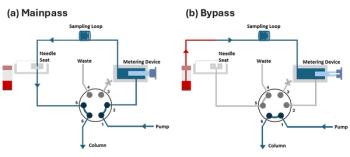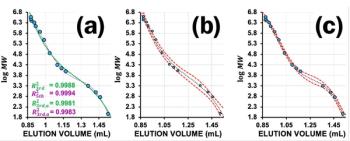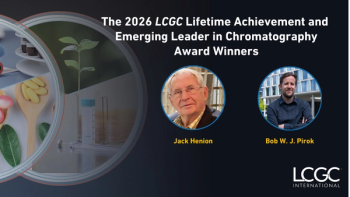
Tuesday Morning Cybersecurity Presentation
Gulf Coast Conference keynote speaker Tyler Cohen Wood, who is an internationally recognized cybersecurity influencer and authority, presents “Cybersecurity-The New Frontier in Protecting Critical Infrastructure.”
On Tuesday, October 15, Gulf Coast Conference keynote speaker Tyler Cohen Wood, who is an internationally recognized cybersecurity influencer and authority, presents “Cybersecurity-The New Frontier in Protecting Critical Infrastructure.” Through this presentation, attendees will have a greater understanding of the serious cyber threats posed to critical infrastructure, and measures that can be taken to best shield themselves against both current and growing cyber threats and vulnerabilities. Wood will use her unique expertise and storytelling style to empower the audience with knowledge of real cyber-attacks being enacted today, and what can be done about them. At the end of the presentation, the audience will have a close understanding of the main threat actors, the threats themselves, and how to arm their businesses against them. This presentation takes place in Exhibit Hall Room A4 and begins at 10 am.
Newsletter
Join the global community of analytical scientists who trust LCGC for insights on the latest techniques, trends, and expert solutions in chromatography.




